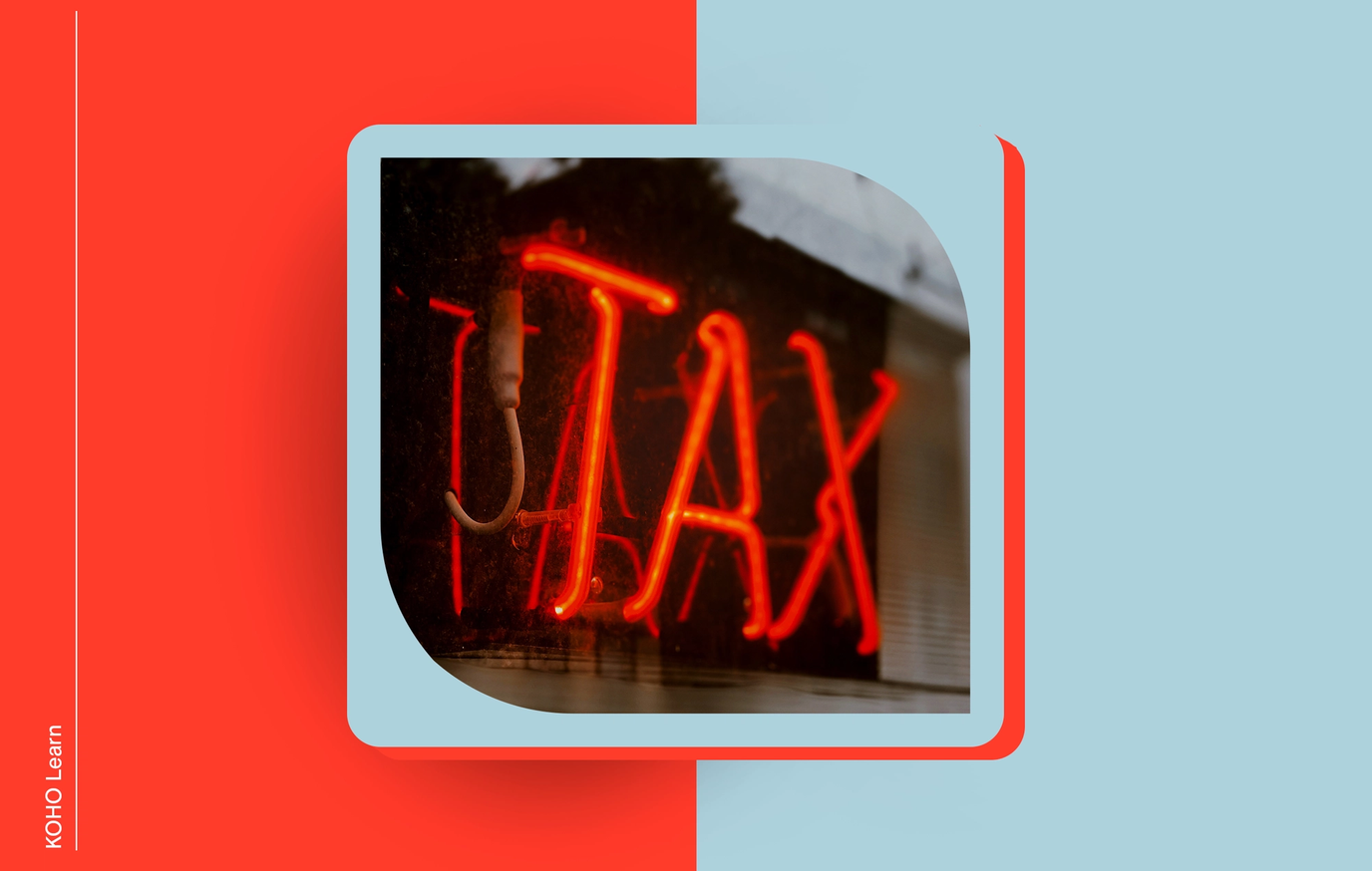
Even if you didn't earn money, filing a tax return makes sense for everybody. The CRA explains why this is worth your time.
Tax season hits Canada every year, and it's a pain for many. Newcomers often find it even tougher, facing their first Canadian tax return with little guidance.
Do you need to file a tax return?
You might need to file taxes even if you've only lived in Canada for part of the year.
File your taxes if:
The CRA asked you to
You owe tax for the year
You want to get a refund
You want to receive benefits and credits
Get ready for taxes
Tax slip delays
The CRA has given extra time for filing T3, T4, T4A and T5 slips this year. This means some tax slips might not show up right away in My Account, Represent a Client, or Auto-fill. If you don't see your slips, check again later.
For more information, please go to CRA’s update on the filing of information returns.
Why file taxes
File your tax return every year to get the benefits and credits you qualify for. Start by gathering your documents, choose how you want to file, then send it to the CRA.
What's new this year
Changes to benefits, credits and expenses for families and individuals. Tax package updates too.
Key dates to remember
Feb 24, 2025: Online filing opens
Apr 30, 2025: Filing deadline
Apr 30, 2025: Payment deadline - when your taxes must be paid
Jun 16, 2025: Deadline if you or your partner are self-employed
What you need to file your tax return
Having your paperwork ready before you file makes tax season much easier. Here's what you'll need:
Personal Information
Your Social Insurance Number (SIN) - the nine-digit number you use for government programs (not the same as a TTN or ITN)
Your name and birth date
Income Documents
T4 slips from employers showing your pay and deductions
T5 or T3 slips for any investment income
Records of money earned outside Canada
Family Details
Information about your spouse, kids, or other dependents
You might qualify for tax credits, but you'll need to check if your dependents are eligible
Foreign Assets
Details of any foreign assets worth $100,000+ for Form T1135
You can find more info on the CRA website
Receipts
Business receipts if you're self-employed
Childcare receipts if you're claiming these expenses
Keep all documents handy in case the CRA has questions later.
Tax benefits for newcomers to Canada
Filing your taxes doesn't just fulfill your obligations—it can put money in your pocket too. Here are benefits you might qualify for:
Available Benefits
GST/HST Credit: Helps cover what you spend on sales tax. If you qualify, you'll get payments every three months.
Canada Carbon Rebate: Offsets federal pollution pricing costs. But heads up—it's only available in certain provinces and territories.
Canada Child Benefit: Helps with the costs of raising kids. If you have children under 18, you might qualify for this money.
Provincial and Territorial Benefits: Depending on where you live, you might get extra credits. Check the Government of Canada website to see what's available in your area.
Receive your GST/HST Credit and other benefits directly to your KOHO account for easier tracking.
SPEND SMARTER. SAVE FASTER
Property you owned before moving to Canada
If you brought property with you when you moved to Canada - like shares, jewelry or artwork - there are some tax rules you should know.
Canada treats this property as if you sold it and bought it back at its fair market value on the day you became a resident.
Keep records of what your stuff was worth when you moved here. You'll need this information if you ever sell these items, so you can figure out if you made a profit or loss for tax purposes.
That's all there is to it. Just keep those value records handy for the future.
Keep CRA updated
Update your address, phone, name or marital status. Sign up for direct deposit to get refunds faster.
Filing options
Online with NETFILE-certified software
Through a tax preparer using EFILE
Community volunteer tax clinic
Paper tax return
SimpleFile (if invited)
After filing
Pay what you owe or wait for your refund. Check your notice of assessment or make changes if needed.
How to spot tax scams in Canada
Tax scammers are active across Canada. They might call, email, or text you claiming to be from the CRA.
Real CRA agents never:
Send refunds by e-transfer or text
Push for immediate payment through e-transfer, crypto, prepaid cards, or gift cards
Threaten deportation, arrest, or jail time
Use aggressive language
Ask to meet you in public to collect money
Charge fees for call centre help
Request personal or financial details in emails or voicemails
Be careful out there - if something feels off, it probably is. When in doubt, contact the CRA directly using the number on their official website.
Taking control of your taxes
Filing your taxes isn't just about following rules—it's about getting what you're entitled to. Even if you have no income, filing opens doors to benefits that put money in your pocket.
Tax season doesn't need to be overwhelming. Start by gathering your documents, pick a filing method that works for you, and submit before the deadline. If you're unsure about anything, the CRA website has resources, or you can get help from a tax clinic.
Remember to stay alert for scams, keep your contact info current with the CRA, and hang onto your records. Taking these simple steps makes tax time smoother and ensures you don't miss out on benefits you've earned.

About the author
Dan is a runner and writer living in the Washington, D.C. area, where he currently works for a financial services trade association as the Communications Director.
Read more about this author